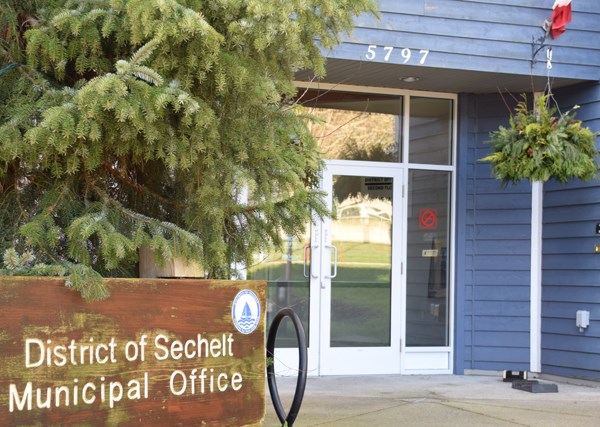Sechelt has joined the growing list of municipalities in B.C. that will not be holding a 2020 tax sale.
Council passed the necessary bylaw at its July 15 meeting, delaying the tax sale until Sept. 27, 2021.
Director of finance David Douglas said the decision could mean about $150,000 in delinquent taxes may not be collected until 2021, but those amounts would continue to accrue interest if the property owners do not pay.
A package of property tax statistics presented by Douglas later in the meeting shows that so far this year the district has collected roughly $22 million of the $27.5 million in property taxes that were due by July 2.
Douglas said that figure represents about 80 per cent of property owners paying by the deadline, only slightly below the 84 per cent who pay on time in a typical year.
He also said that having the $22 million in the bank puts the district “in a very positive cash flow position.”
Douglas’s report also notes that the number of properties with a penalty for late payment now owing is 801, up from 671 in 2019, but the number of property owners who applied for deferments on their taxes was 591, down from last year’s 609.
When a property owner qualifies for a tax deferral, the province pays the money to the municipality.
Douglas said the district will need to transfer about $6.75 million for taxes billed on behalf of the regional district, the hospital district and other agencies by Aug. 1 and forward the money for school taxes and a payment to the fire protection district by Sept. 30.
He said at this point he does not expect the district will have to borrow money through the Revenue Anticipation Borrowing Bylaw passed earlier this spring in case a large number of property owners opted to pay late, leaving the district in a cash flow crunch.
“We planned through the budget process for the worst,” Douglas said. “And overall the best that could have happened, happened.”



